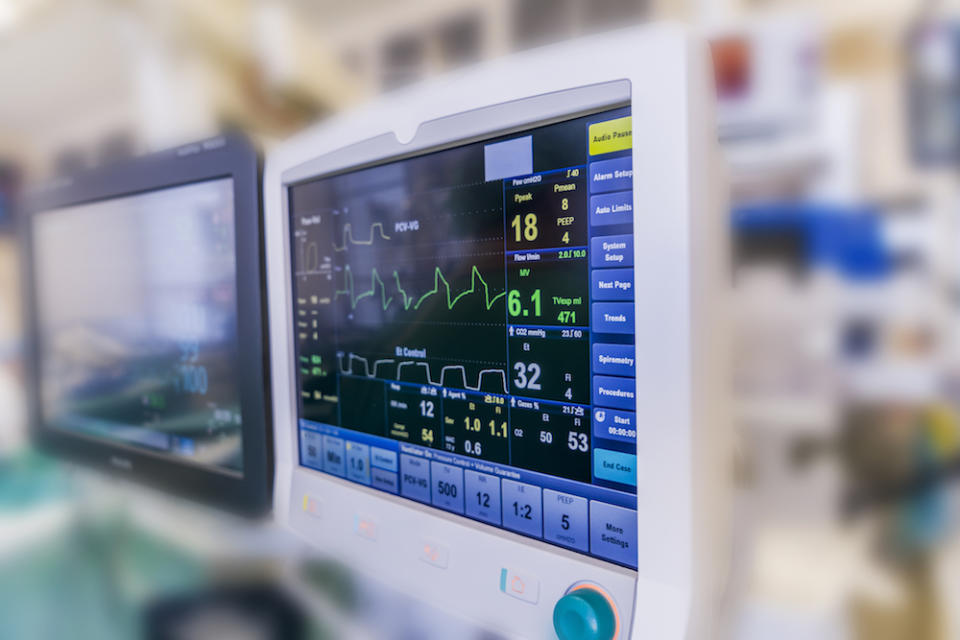Teenager, 13, who died from brain aneurism helps record number of people with organ donation

A 13-year-old girl who died of a brain aneurysm has helped a record eight different people through organ donation.
Jemima Layzell died in March 2012 four days after collapsing as her family prepared a party for her mother’s 38th birthday.
In total, eight of her organs were donated – her heart, small bowel, pancreas, both kidneys, both lungs, and her liver was split and transplanted into two people. The eight different recipients included five children from different parts of the country.
A search of the donors who have helped the most people has shown that Jemima, from Horton in Somerset, is the only recorded donor in the UK whose solid organs have been transplanted into eight different people. A typical donation usually results in 2.6 transplants.
Jemima’s mother Sophy Layzell, 43, said they had discussed organ donation just a few weeks before her shock death.

“The conversation was prompted by the death of someone we knew in a crash,” she said. “They were on the register but their organs couldn’t be donated because of the circumstances of their death.
“Jemima had never heard of organ donation before and found it a little bit unsettling but totally understood the importance of it.”
MOST POPULAR STORIES FROM YAHOO UK:
Farmer who offered land to travellers for free to ‘upset village’ sells plot to ‘mystery buyer’
Poorly kitten left with huge bulging eyes due to mysterious injury
Why aspirin could ‘reverse’ the effects of tooth decay, according to experts
Apple’s iPhone 8 ‘could be a flop’ due to lack of interest, say tech analysts
Watch: Traveller ‘mauled by police dog’ in shocking footage
She added: “We found the decision to donate Jemima’s organs hard but we both felt it was right and we knew she was in favour of donation.
“We had no idea Jemima was the only person whose organs were transplanted into eight different people until NHS Blood and Transplant told us. Everyone wants their child to be special and unique and this among other things makes us very proud.”

She revealed that Jemima’s father Harvey, 49, had initially felt unsure about donating her heart but any reservations the couple had had been changed after watching a programme about children awaiting heart transplants shortly after Jemima’s death.
“It affirmed for us that saying ‘no’ would have been denying eight other people the chance for life, especially over Jemima’s heart, which Harvey had felt uncomfortable about donating at the time,” she added.
“We feel it’s very important for families to talk about organ donation. Every parent’s instinct is to say no, as we are programmed to protect our child. It’s only with prior knowledge of Jemima’s agreement that we were able to say yes.
“Jemima was lovely – clever, funny, compassionate and creative – and we feel sure she would be very proud of her legacy.”
According to NHS Blood and Transplant, 457 people died waiting for a transplant last year, including 14 children, and there are currently 6,414 people on the transplant waiting list, including 176 children.
Anthony Clarkson, NHS Blood and Transplant’s assistant director of organ donation and transplantation, said: “Every donor is special and Jemima’s unique story shows the extraordinary difference a few words can make.
“Hundreds of people are still dying unnecessarily waiting for a transplant because too many families say no to organ donation.
“Please tell your family you want to donate, and if you are unsure, ask yourself: if you needed a transplant would you accept one? If so, shouldn’t you be prepared to donate?”
(Top picture: PA)

 Yahoo News
Yahoo News 
